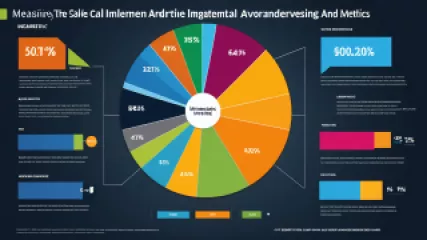Rethinking Stress: An Unconventional Perspective
1 year ago
Stress
Understanding the Impact of Social Comparison Theory
1 year ago
Social Comparison Theory
Overcoming the Rumination Cycle: My Personal Journey
1 year ago
Managing Rumination
10 Powerful Resources for Healing from Emotional Abuse
1 year ago
Healing from Emotional Abuse
Decoding Body Language: A Step-by-Step Guide
1 year ago
Body Language Basics
Ultimate Guide to the Psychology of Space Design and Its Impact
1 year ago
Psychology of Space
Measuring the Impact of Advertising: A Research Summary
1 year ago
Impact of Advertising
Mastering Compulsive Behaviors: An Ultimate Guide
1 year ago
Understanding Compulsive Behaviors
My Journey to Rediscovering the Power of Laughter in Psychology
1 year ago
Psychology of Laughter
My Mindfulness Journey: From Chaos to Clarity
1 year ago
Mindfulness
6 Proven Techniques to Strengthen Relationships
1 year ago
Relationship Health
My Personal Journey to Better Memory Through Memory Improvement Courses
1 year ago
Memory Improvement
Mastering the Basics of Therapy: A Mindful Approach
1 year ago
Therapy Basics
How Color Psychology Can Enhance Your Interior Design
1 year ago
Psychology of Color in Interiors
How Can Counseling Boost Your Social Media Impact?
1 year ago
Social Media Impact














